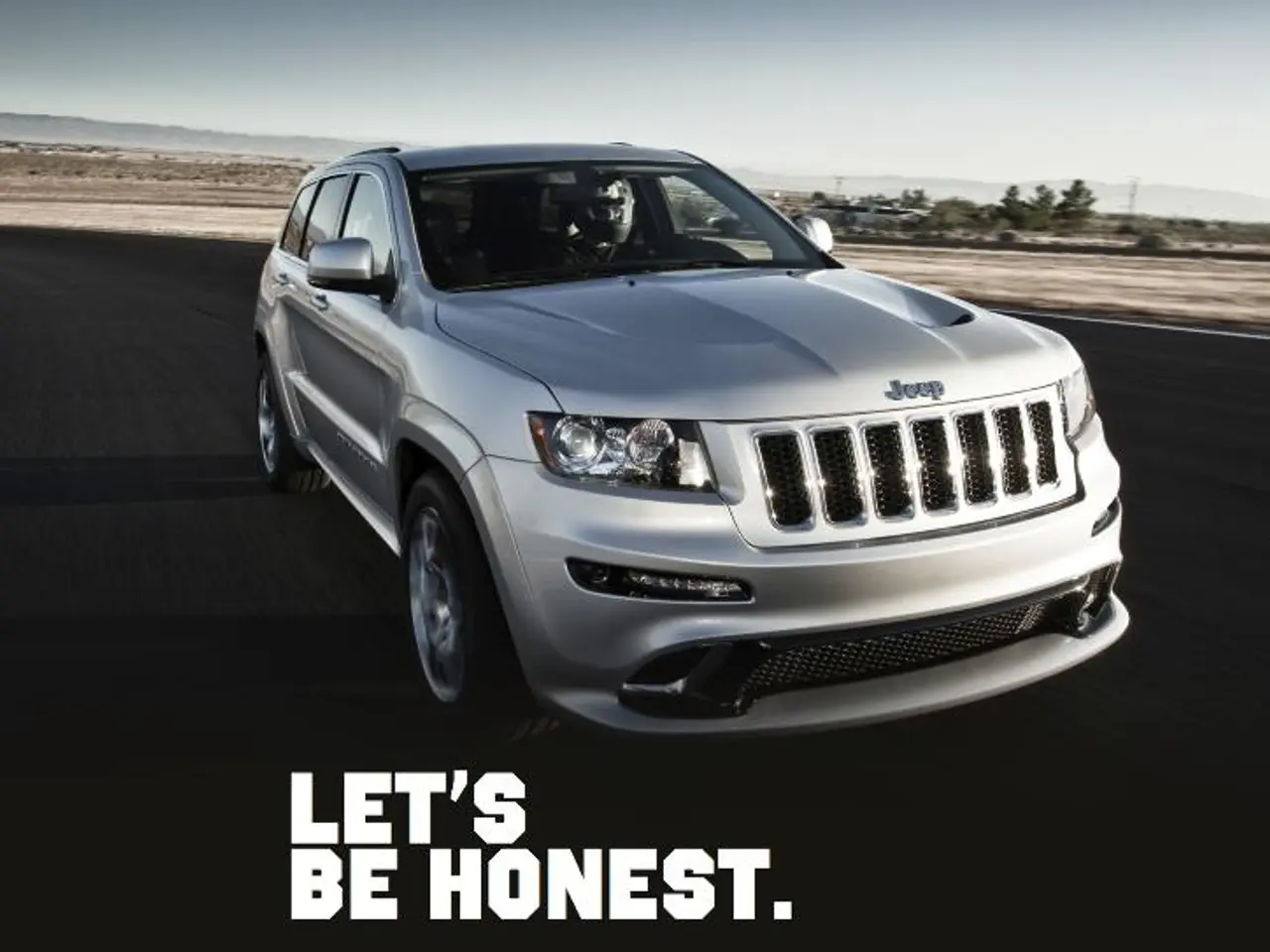Automotive industry heavyweights in Europe disagreed on emission standards as they prepared for a crucial Brussels summit.
The European Union (EU) is pressing ahead with its fight against climate change, requiring carmakers to progressively cut carbon emissions. However, the journey towards a greener automotive sector is fraught with challenges, as European manufacturers grapple with increasing competition from Chinese rivals and the transition to electric vehicles (EVs).
Recently, the EU imposed tariffs on electric vehicles from China, a move aimed at supporting local manufacturers. Yet, demand for EVs across Europe has slowed, with consumers increasingly opting for cheaper Chinese-made imports. This trend has raised concerns among European automakers, who fear a delay in the 2035 carbon emission target could hand a competitive advantage to global rivals, particularly Chinese manufacturers.
In a statement, Michael Lohscheller, Polestar's chief executive, expressed his concern, stating that weakening targets now would send a signal that Europe can be talked out of its own commitments. On the other hand, Stellantis CEO Antonio Filosa has called for greater flexibility in the transition to electric vehicles, urging the EU to support hybrid technologies as an interim solution.
The European Commission has acknowledged the challenges and has given carmakers three years, rather than one, to meet the carbon emission targets. To achieve the EU's 2035 CO2 emission reduction goals for new vehicles and avoid fines, European automakers must collaborate with the Commission, regulators, and industry associations. This collaboration is focused on accelerating the production of electric vehicles, including small affordable EVs, and integrating new regulatory categories to meet the zero-emission target.
A study by transport research and campaign group T&E shows that all European carmakers, except for Mercedes-Benz, are on track to meet the emission targets for 2025-2027. Mercedes-Benz, however, may need to pool its emissions with Volvo Cars and Polestar to avoid fines, according to a report. The forecast predicts battery electric vehicle sales will surpass a 30 percent share of the EU car market in 2027, up from 18 percent this year.
The heads of European automobile manufacturers' and automotive suppliers' associations have written a letter to Commission President Ursula von der Leyen, stating that a 100% reduction in emissions for cars by 2035 is no longer feasible. The letter, signed by Mercedes-Benz CEO Ola Kaellenius, a significant endorsement from one of Europe's automotive giants, argues for a more realistic approach to the emission targets.
On 12 September, von der Leyen is set to discuss the future of the automotive sector with industry players, who are facing increased competition from Chinese rivals and US tariffs. The discussions are expected to be crucial in shaping the EU's approach to the carbon emission targets and the transition to electric vehicles.
Filosa argues that a European policy that encourages the replacement of older cars with new cars and a wider choice of powertrains would have a greater impact on global CO2 emissions. A delay to the 2035 target, he contends, would undermine investor confidence in Europe's green transition.
As the EU moves towards a carbon-neutral future, the automotive sector faces significant challenges. However, with collaboration and a pragmatic approach, it is possible to meet the emission targets and maintain a competitive edge in the global market.








